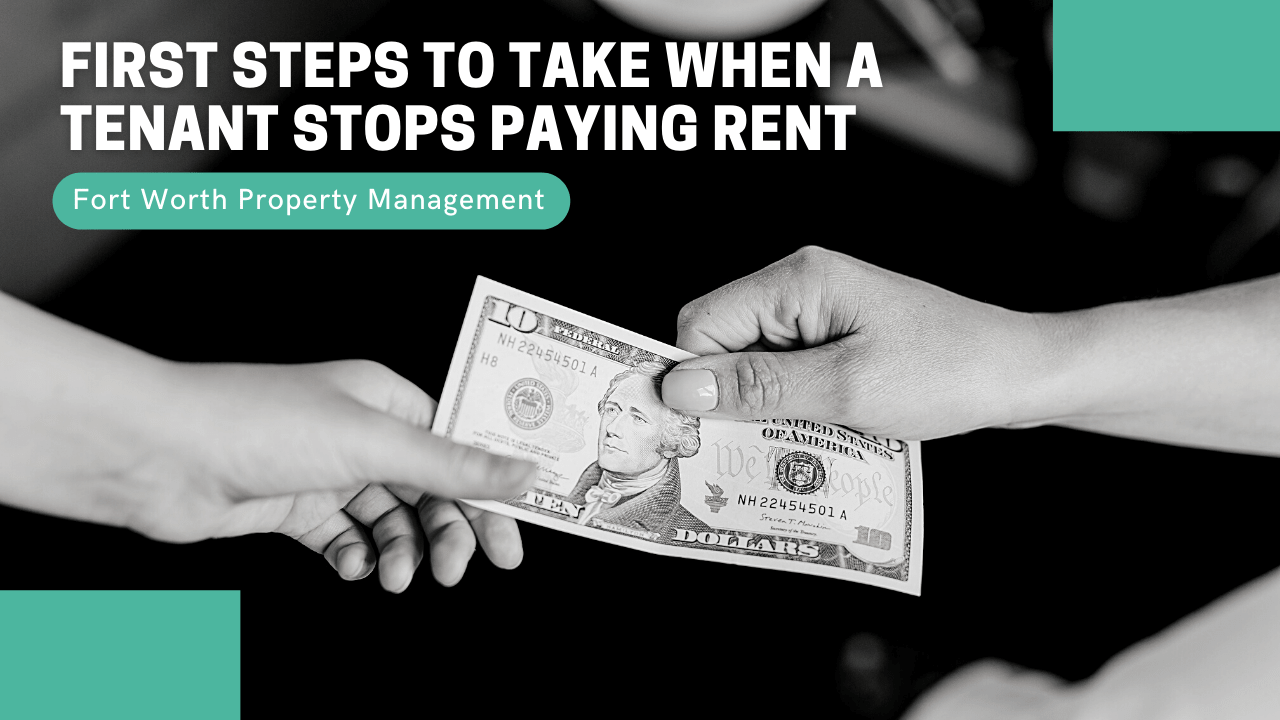
One of the reasons we promote a rigorous and detailed tenant screening process is to avoid late rental payments and the threat of eviction. Placing a tenant with a history of on-time rental payments means you can reasonably expect that tenant to pay rent when it’s due.
Things happen, however, even to good tenants, and if you find your resident is no longer paying rent, you want to do everything you can to keep the lines of communication open. Instead of rushing right to eviction, see what you can do to get the rent caught up.
Establish and Enforce a Rent Collection Policy
Your tenant needs to know when rent is due, how much must be paid, and what the consequences are for late or missing payments. Put your rent collection policy in the lease agreement and discuss it in detail with your resident before they move in. This will ensure everyone understands the expectations.
When rent doesn’t come in by the due date, contact your tenant. Explain that you haven’t received the rent payment, and ask when you can expect it. There may have been a simple oversight. Perhaps a surprise bill or an unexpected expense has set your tenant back a few days. Simply making a phone call or sending a message can get everyone back on track.
Serve a Notice to Vacate
If you cannot seem to get in touch with your tenant and no progress is being made on getting the rent paid, you’ll have to take the immediate step of serving a formal notice. Eviction may be a last resort, but you need to be prepared for it, and you’ll want to start the timeline as soon as possible. The longer you have a nonpaying tenant in your property, the more money you can lose.
Serve a Three Day Notice to Vacate. This letter is in writing, and it essentially notifies the tenant that rent has to be paid in three business days, or they need to move out. With the service of this notice, the tenants are informed that you will begin the formal eviction process if they refuse to pay or move out.
The best way to serve this notice is in-person. If you can, knock on the door and serve the notice to the tenant or any adult who answers. If you cannot reach anyone, tape it to the inside of the main door or send it via certified mail. You’ll want to document that this notice was served, because you may need it in court.
File for Eviction in Court
 Tenants will typically come up with the rent before the end of the three day period, but if they don’t, you need to go to the local courthouse in the precinct where your rental property is located. There, you can fill out the paperwork and pay the fee to get the eviction scheduled. The constable will then serve the tenant a summons and a court hearing will be set.
Tenants will typically come up with the rent before the end of the three day period, but if they don’t, you need to go to the local courthouse in the precinct where your rental property is located. There, you can fill out the paperwork and pay the fee to get the eviction scheduled. The constable will then serve the tenant a summons and a court hearing will be set.
It’s always best to work with your tenant. Set up a payment arrangement if necessary, and show them that you’re willing to help them overcome their current financial hurdles and continue on their positive rental path.
Working with a Fort Worth property management company can relieve a lot of the headaches that come with late and missing rental payments. If you’d like some help or additional advice, please contact us at Trend Property & Management.




 Jason Zimmerman
Jason Zimmerman Jessica Schirmeister
Jessica Schirmeister